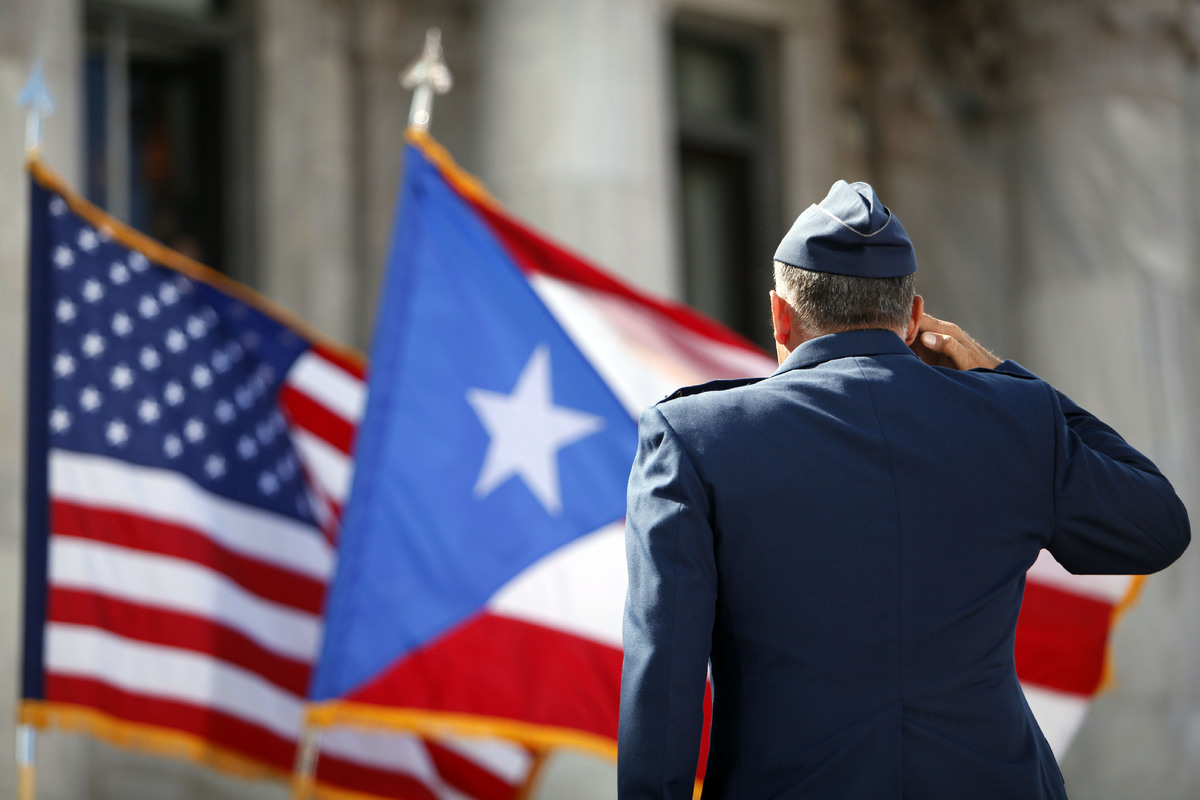The conventional wisdom says that most Latin American migrants who come to the United States are looking for a better life, inspired by the “American Dream.” And it’s hard to deny that there’s a lot of truth in that.
But there’s another side to the story – people leave Latin America because life there can be very hard. Poverty, political instability, and recurring financial crises often conspire to make Latin American life more challenging than in the US, a wealthy country with lots of job opportunities.
Living on the northern side of the US-Mexico border, it’s easy to view Latin America as another world, isolated from the United States.
But the truth is that the US government has historically made life in Latin America harder by overthrowing democratically elected governments, financing atrocities, and pushing trade policies that undermine Latin American industries, dealing blows to local economies.
Perhaps instead of building walls, the United States should focus on being a better neighbor.
Here are 19 ways the US government has helped spur immigration by making life harder in Latin America.
1. Taking Over Almost Half of Mexico
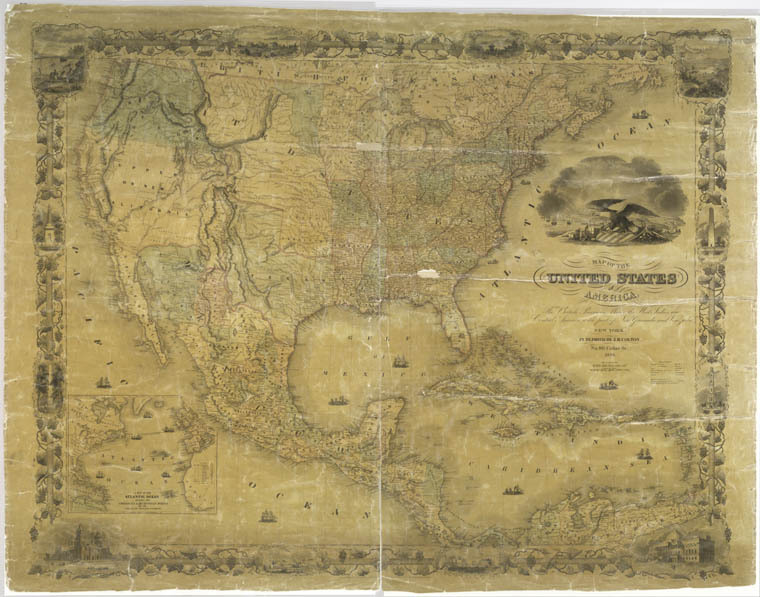
In 1846, shortly after the annexation of Texas, President James Polk ordered US troops into disputed lands, precipitating a war against Mexico.
The war ended with the treaty of Guadalupe Hidalgo in 1848. This is what Chicano activists mean when they say “the border crossed them.”
Today, 33.5 million people of Mexican origin live in the United States.
2. Colonizing Puerto Rico in 1898
The United States invaded Puerto Rico in 1898 during the Spanish American War and has retained control of the island ever since.
More people of Puerto Rican descent currently live in the United States than on the island.
3. Taking Over Cuba, Putting a Naval Base There, and Only Leaving When New Government Allowed the Right to Intervene
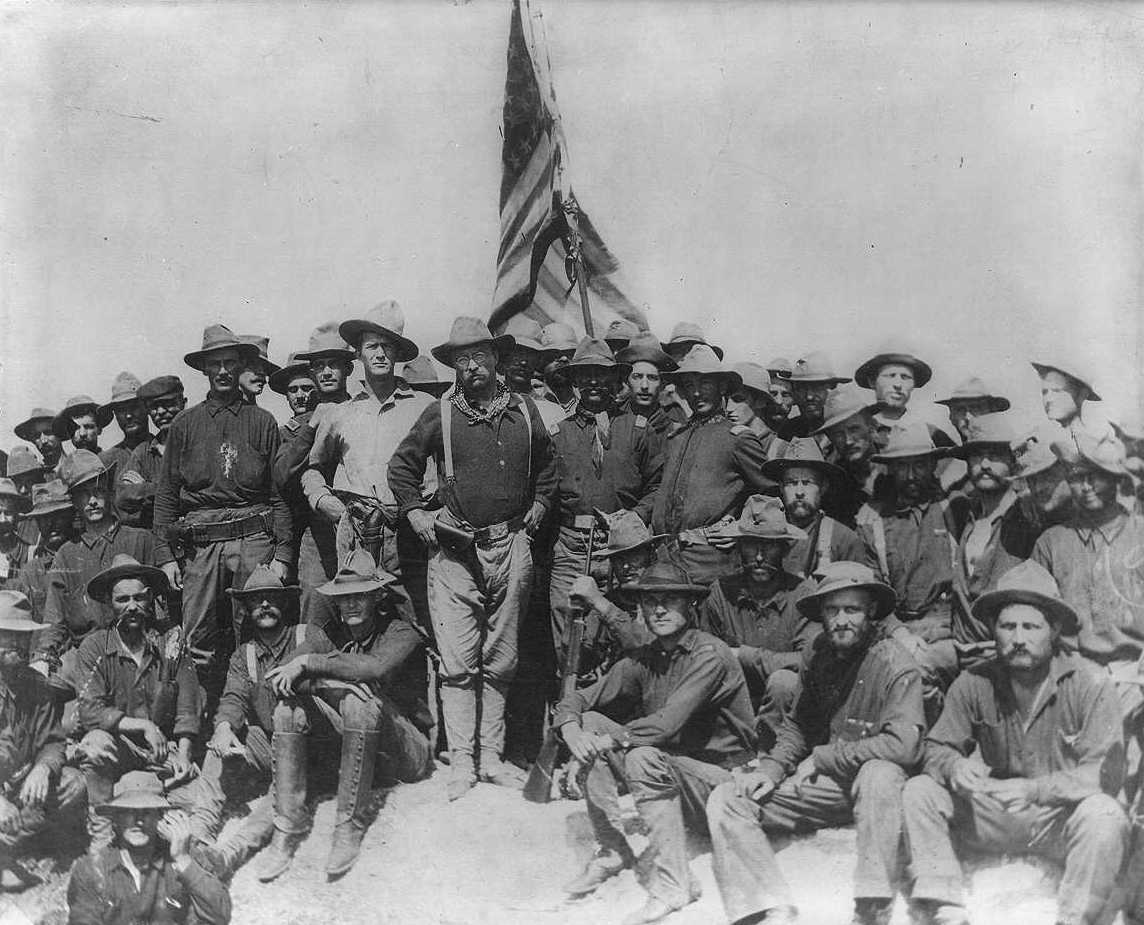
And yet somehow, US politicians viewed themselves as liberators.
Later US administrations would use the naval base to jail suspected terrorists and hold them indefinitely without trial, also submitting them to torture tactics, according to Human Rights Watch.
4. Invading and Occupying Cuba Two More Times

Because once wasn’t good enough, the United States invaded and occupied Cuba again in 1906 and once more in 1912.
It retained the legal authority to intervene in Cuba’s affairs until the 1933 Sergeant’s Revolt overthrew US-backed dictator Gerardo Machado.
5. Invading Nicaragua and Occupying the Country for Two Decades

The United States invaded Nicaragua in 1912 and occupied the country until 1933.
Shortly after the US forces left, Anastasio Somoza took over, launching a decades-long dynastic dictatorship with US support.
6. Invading Haiti and Occupying the Country for Nearly Twenty Years
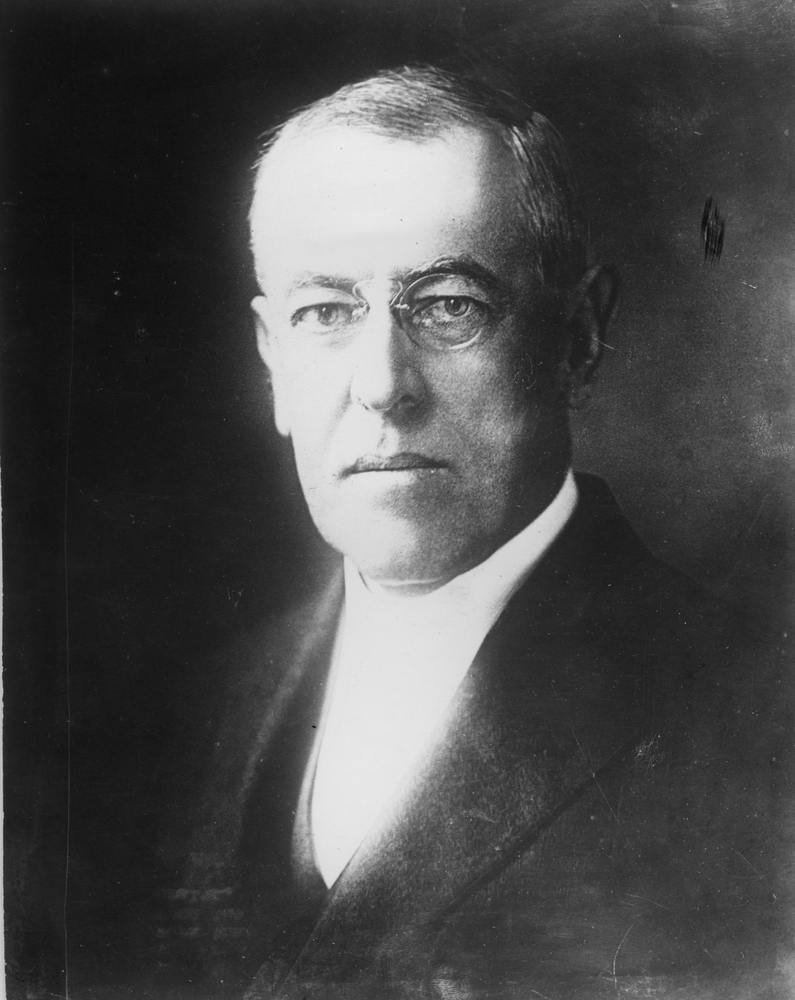
Woodrow Wilson ordered the Marines to invade and occupy Haiti in 1915 after the assassination of the Haitian president.
The troops didn’t leave until 1934.
7. Invading the Dominican Republic in 1916

Mainly to collect debts, the United States invaded the Dominican Republic in 1916.
The occupation lasted eight years.
8. Overthrowing Guatemala’s Elected Government in 1954
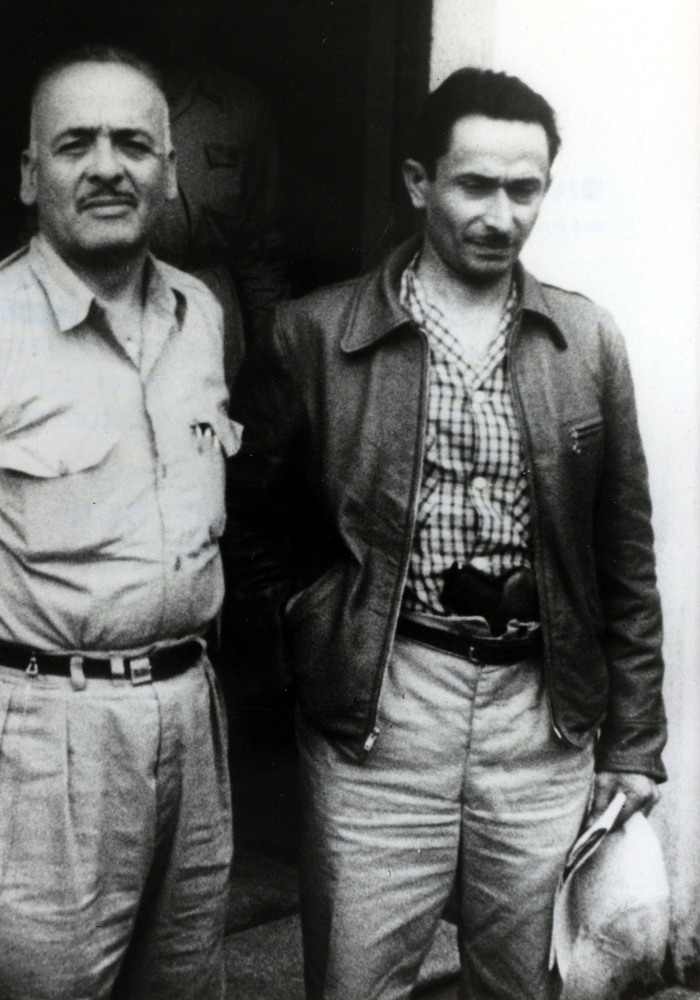
At the behest of United Fruit Company, a US corporation with extensive holdings in Central America, the CIA helped engineer the overthrow of the Guatemalan government in 1954, ushering in decades of civil war that resulted in the loss of hundreds of thousands of lives.
9. Organizing the Bay of Pigs Invasion in 1961
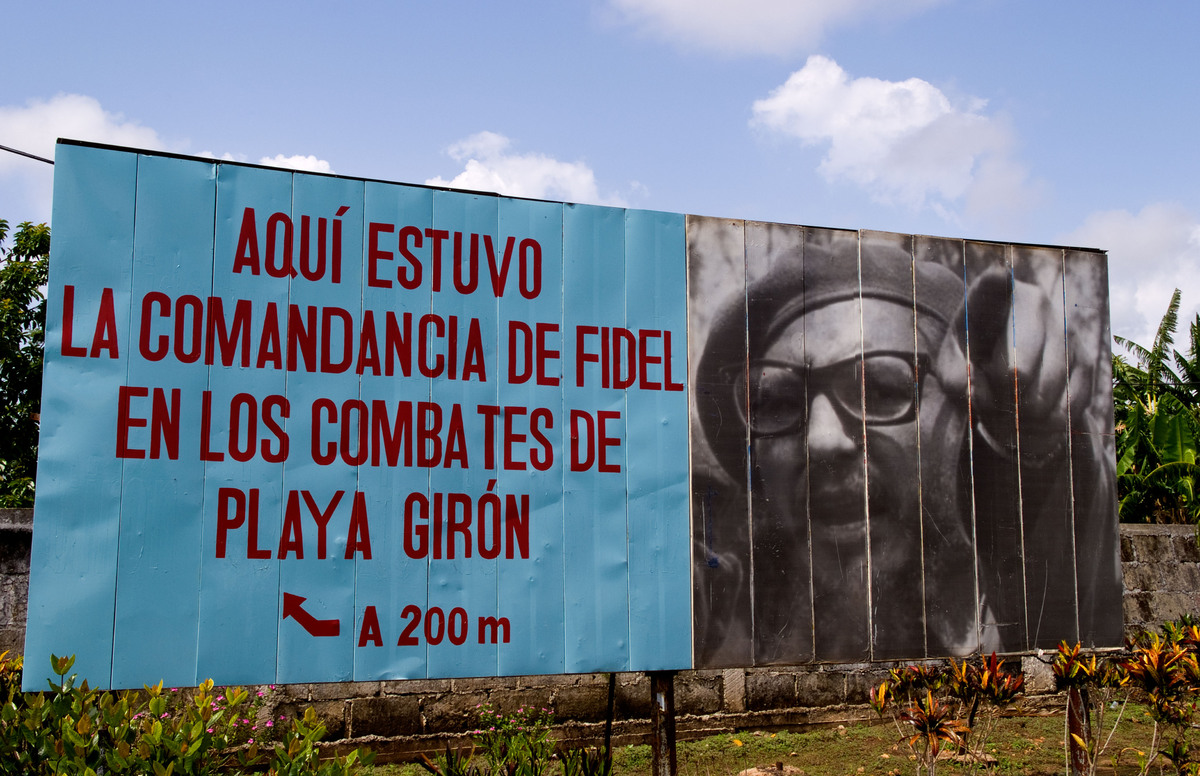
The CIA organized and financed a group of anti-Fidel Castro exiles in an ill-fated attempt to overthrow the revolutionary government.
The botched invasion ended in disaster and Castro declared himself a “Marxist-Leninist” eight months later.
10. Supporting the Overthrow of a Democratically Elected Government in Brazil

The administration of Lyndon B. Johnson assisted the overthrow of the democratically elected Brazilian government in 1964.
The resulting military dictatorship, which tortured thousands of opponents and “disappeared” hundreds, ruled the country until 1985.
11. Helping to Overthrow Chile’s Elected Government in 1973

General Augusto Pinochet, with the support of the Nixon administration, overthrew the democratically elected government of Salvador Allende, ushering in nearly two decades of violent dictatorship.
12. Backing a Military Dictatorship in Argentina That killed 30,000 People
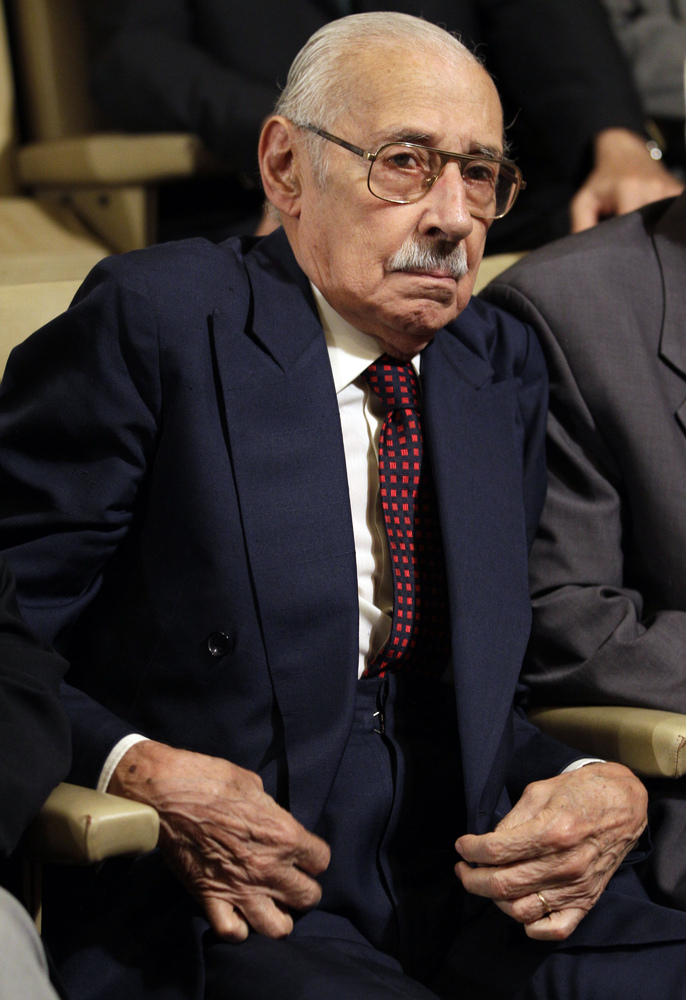
When the military overthrew the Argentine government and installed a dictatorship in 1976, the Gerald Ford administration responded by offering its wholehearted support and financial assistance.
The dictatorship lasted until 1983.
13. Paying a Failed Rebel Army to Overthrow the Nicaraguan Government

When the leftwing Sandinista government rose to power in Nicaragua, it did not please Washington.
In 1979, the United States began years of financing the “Contras,” a rightwing group responsible for committing atrocities and smuggling drugs into the United States with the Reagan administration’s knowledge.
14. Invading Haiti Again in 1994

One invasion wasn’t good enough.
The US military returned in 1994.
15. Fomenting a Rebellion in Panama in Order to Build a Canal

The Theodore Roosevelt administration helped a group of Panamanian nationalists break away from Colombia, after that country’s Senate rejected the terms of a deal to allow the US to use its territory there to build a canal.
After Panama broke away, the new country ceded permanent control of the canal zone to the US government, which finally returned it in 1999, after years of protests.
16. Backing the Salvadoran Military as It Committed Atrocities in the 1980s

El Salvador’s military committed atrocities throughout the 1980s with US funding, including – but not limited to – raping nuns, assassinating priests, and killing hundreds of children in a single massacre at the village of El Mozote.
17. Refusing to Control the Flow of Weapons into Mexico

Mexican authorities seized almost 70,000 weapons of US origin from 2007 to 2011.
In 2004, the US Congress declined to renew a ten-year ban on the sale of assault weapons.
They quickly became the guns of choice for Mexican drug cartels.
18. Helping to Create Today’s Drug Cartels

The US funded the Guatemalan military during the 1960s and 1970s anti-insurgency war, despite awareness of widespread human rights violations.
Among the recipients of US military funding and training were the Kaibiles, a special force unit responsible for several massacres.
Former Kaibiles have joined the ranks of the Zetas drug cartel.
19. Pushing Trade Policies That Lead to Unemployment
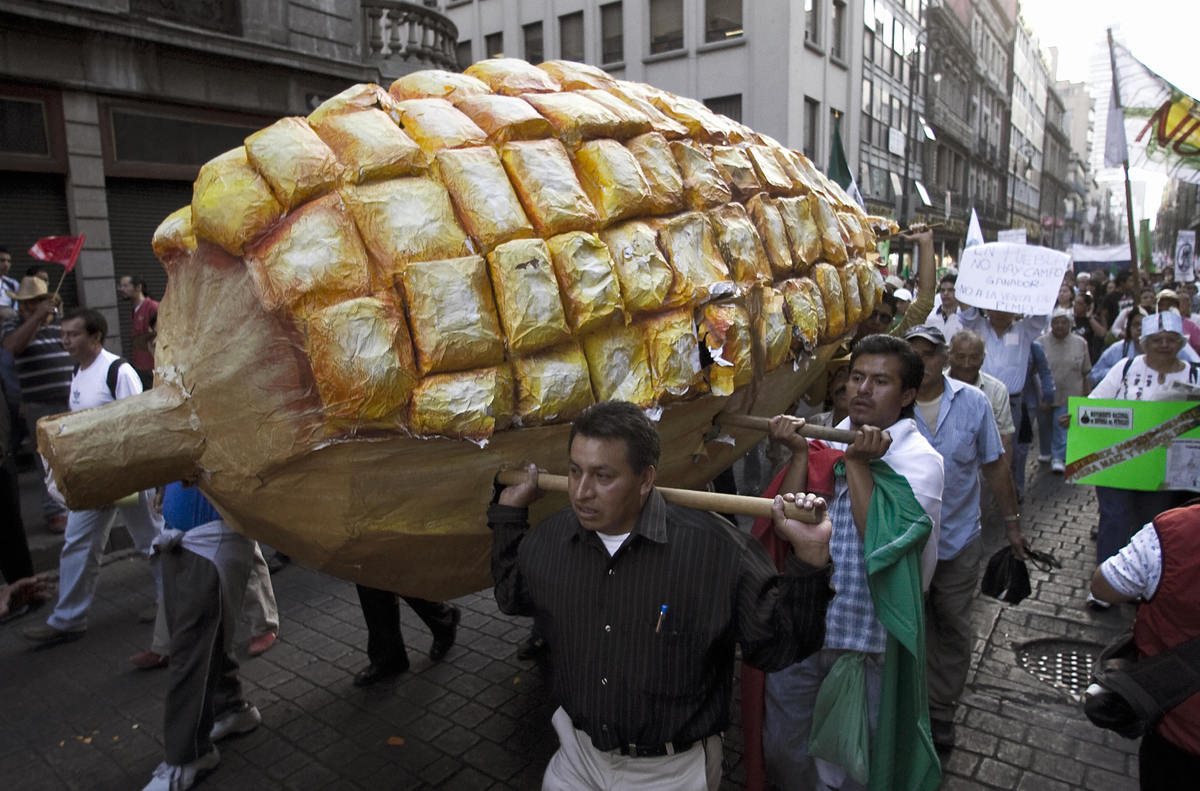
One of the things that prompted millions of low-wage workers to abandon Mexico over the last two decades was the signing of the North American Free Trade Agreement in 1994.
With NAFTA, cheap imports, particularly agricultural products, flooded the Mexican market, leaving farmers and other low-skilled workers without jobs.
NAFTA is just one manifestation of free trade policies pushed in Washington that often have adverse effects in Latin American countries.
Former US President Bill Clinton acknowledged as much after Haiti’s devastating 2010 earthquake, saying that opening up the Haitian market to cheap US rice “may have been good for some of my farmers in Arkansas, but it has not worked … I had to live everyday with the consequences of the loss of capacity to produce a rice crop in Haiti to feed those people because of what I did, nobody else.”
[do_widget id=’text-101′]
Roque Planas is a National Reporter for The Huffington Post on Latino and Latin American issues. You can follow him on Twitter @RoqPlanas and check out his other articles here.
Search our 3000+ articles!
Read our articles about:
Our online racial justice training
Used by hundreds of universities, non-profits, and businesses.
Click to learn more


